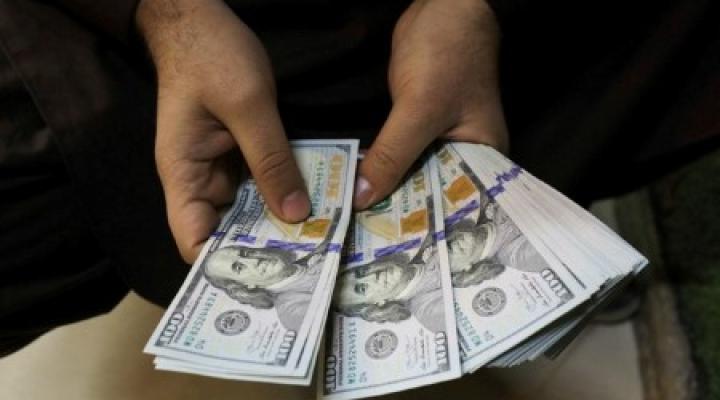Lagos, Nigeria — In a Lagos bank branch, a shoe importer asks to buy dollars for a shipment from Guangzhou. The teller’s smile says it all — the bank’s foreign exchange allocation for the week is gone. Forty-eight hours later, the same importer pays the Chinese supplier in USDT, a dollar-pegged stablecoin, and the goods are already on the way.
This scene is no longer unusual. Across Africa’s trade corridors, a quiet currency revolution is under way. From Lagos to Nairobi, small and medium-sized businesses are skipping the official banking queue and using everything from local sourcing to blockchain payments to keep their supply chains alive.
A crisis measured in billions
The shortage of hard currency is not a minor inconvenience. Africa’s annual economic losses from foreign exchange scarcity exceed $100 billion, according to trade analysts. For airlines, manufacturers and retailers, the crunch halts imports, fuels inflation and can grind expansion plans to a halt.
Two years ago, Ethiopian Airlines had $180 million trapped in Nigeria, while Dangote Cement had $300 million locked in Ethiopia. The solution? A $100 million bilateral swap — essentially corporate bartering — that allowed both giants to keep operating without fresh dollars.
Survival playbook for the dollar-starved
Necessity has turned African entrepreneurs into innovators. Their strategies include:
-
Localise production: Nigerian brewers now use sorghum and cassava instead of imported barley, insulating costs from exchange-rate swings.
-
Earn in hard currency: Freelancers, tour operators and e-commerce sellers increasingly target overseas clients to build a USD buffer.
-
Take payments in foreign currency: Hotels and online stores integrate USD and euro checkout options via platforms like Paystack and Flutterwave.
-
Trade without the dollar: AfCFTA’s PAPSS platform lets businesses in 42 currencies settle transactions directly, avoiding costly US routing.
-
Settle via stablecoins: With 43% of Sub-Saharan Africa’s crypto volume in stablecoins, SMEs pay Chinese and UAE suppliers in USDC or USDT, bypassing volatile local markets.
-
Pay in supplier currency: Some importers now settle Chinese orders in yuan through bilateral banking agreements.
-
Group purchasing: SMEs pool orders to access better FX rates and share foreign accounts.
-
Pre-pay strategically: Businesses stock up when their currency temporarily strengthens.
-
Switch products: Firms replace import-dependent items with locally sourced alternatives.
-
Hedge in value-holding assets: From USD accounts to gold jewellery, traders keep reserves in forms that resist local devaluation.
Big business, bigger moves
Larger companies and trade groups are adopting more complex fixes: fintech-driven FX platforms to cut spreads, local-currency bonds to replace dollar debt, supply-chain ownership to reduce import needs, and policy lobbying to close the gap between official and parallel market rates.
Innovative treasury management is also on the rise. Kenyan food distributor Twiga Foods monitors real-time FX rates to convert holdings only at favourable levels. Solar firm d.light turned future local-currency receivables into $110 million in upfront capital, avoiding new dollar loans altogether.
Ideology vs. survival
Governments across Africa have mixed feelings about these workarounds, especially the rise of stablecoin transactions that bypass traditional controls. But for many SMEs, pragmatism wins. “When your business is on the line,” said one Lagos importer, “you can’t wait for policy to catch up.”
With new trade platforms, fintech tools and decentralised currencies in play, Africa’s currency crunch is forcing its businesses to invent a new economic toolkit — one transaction at a time.

